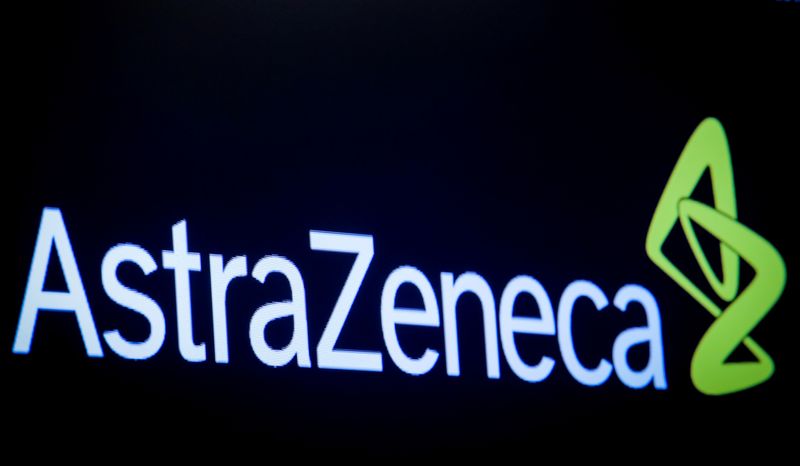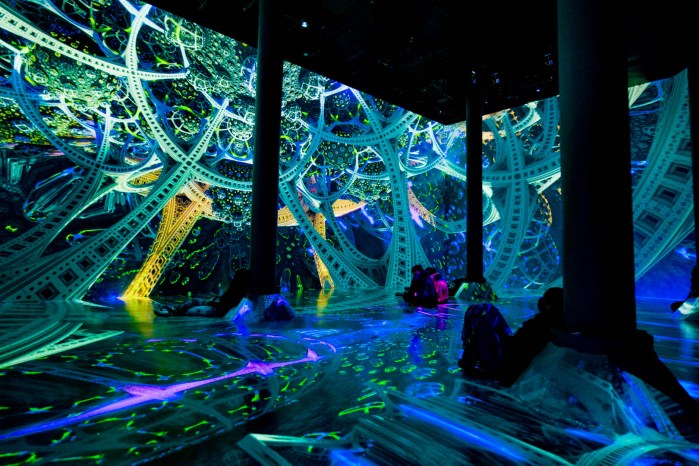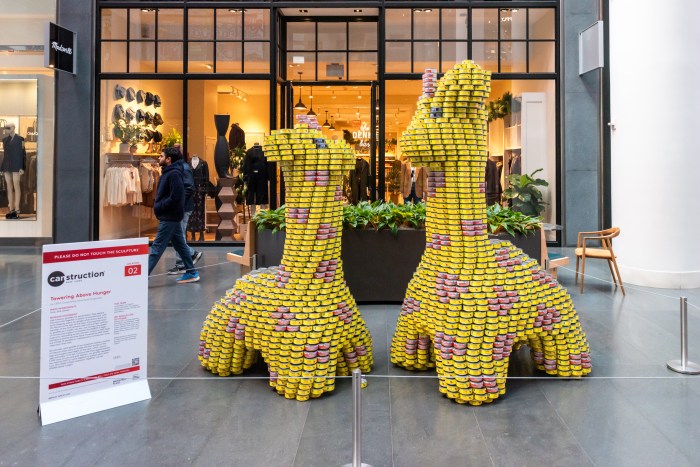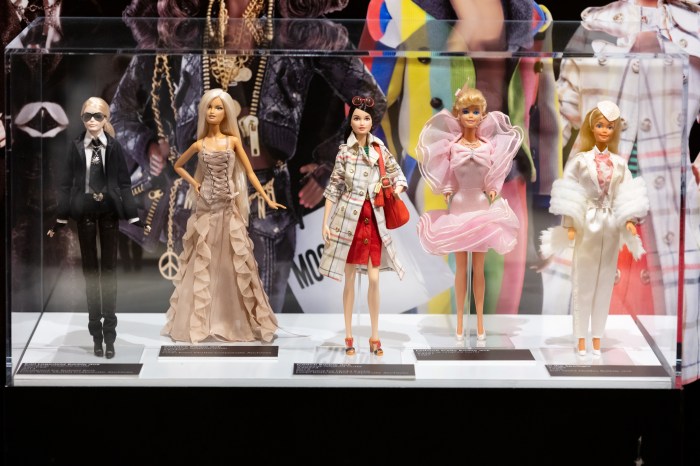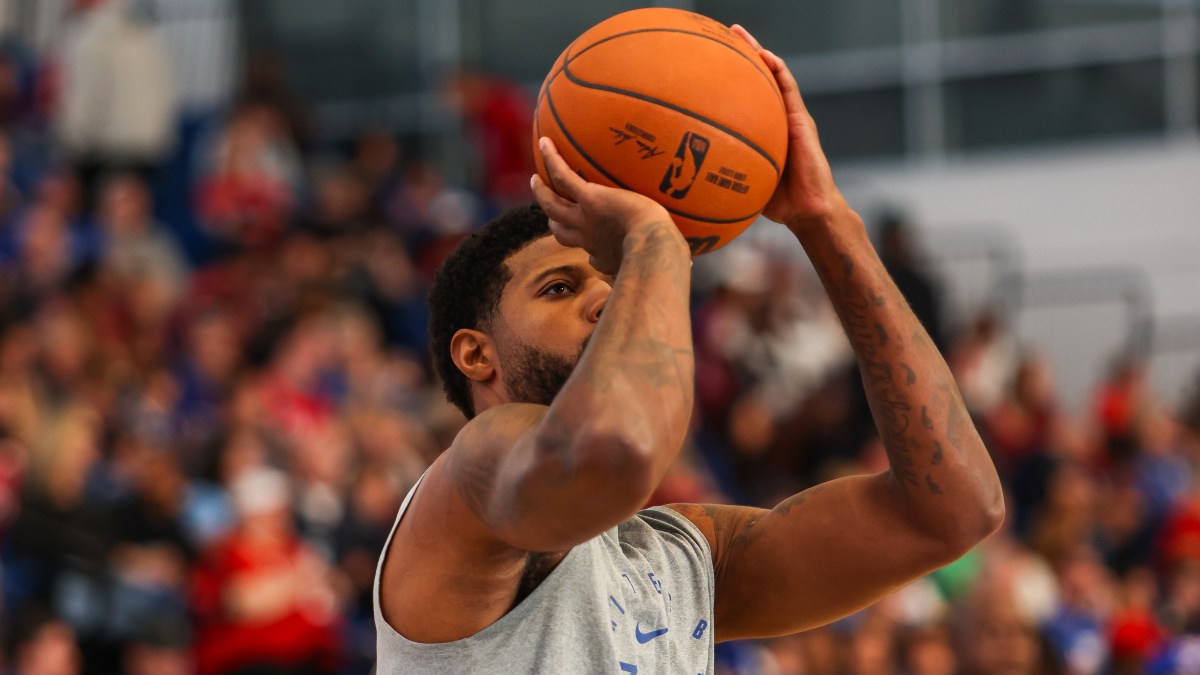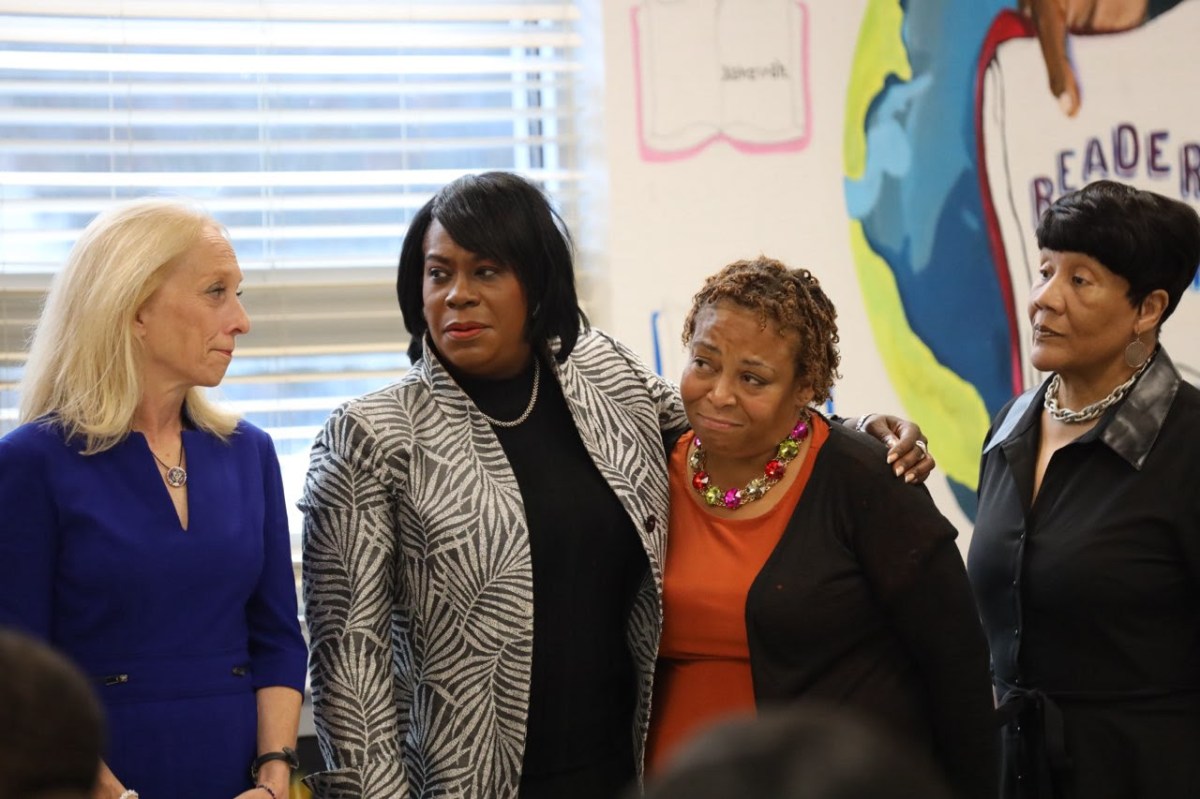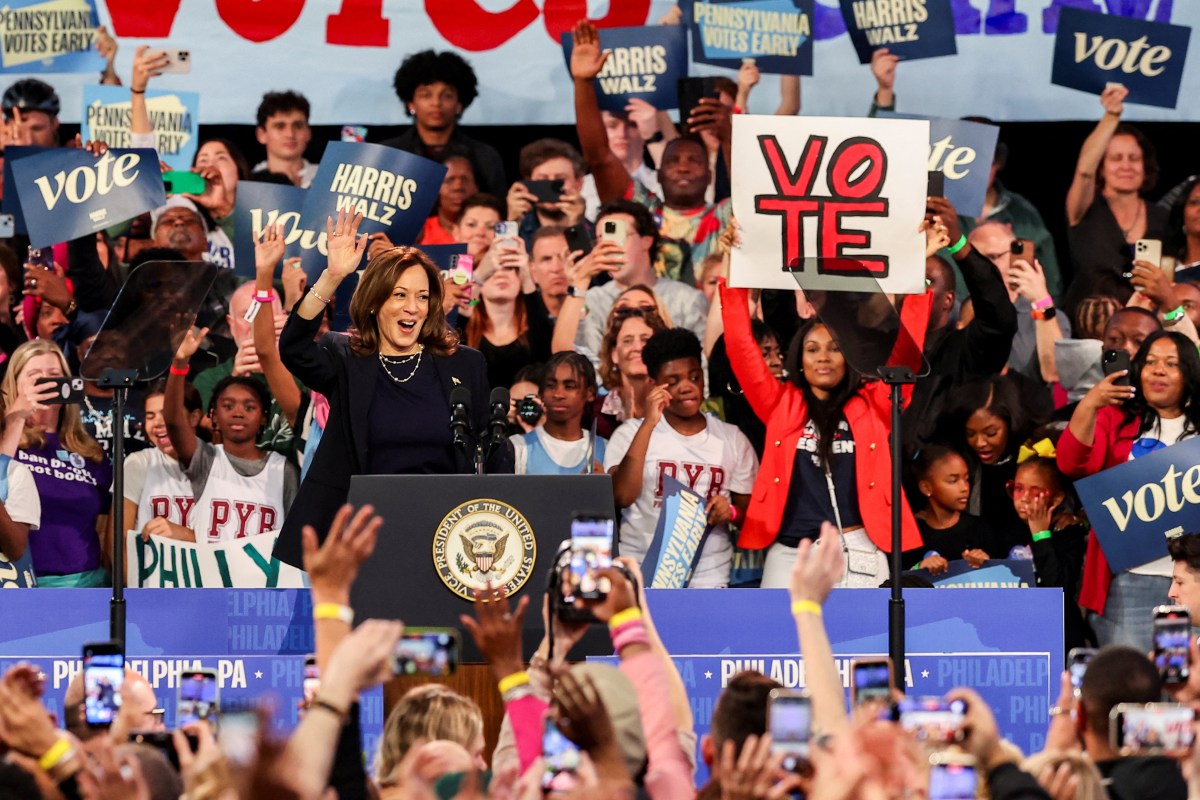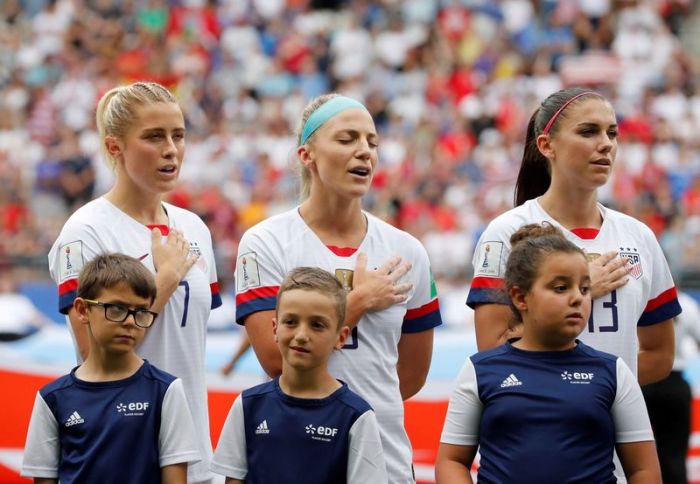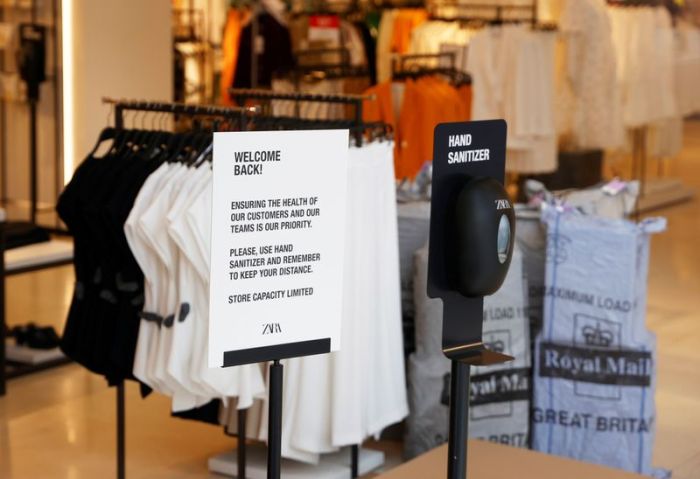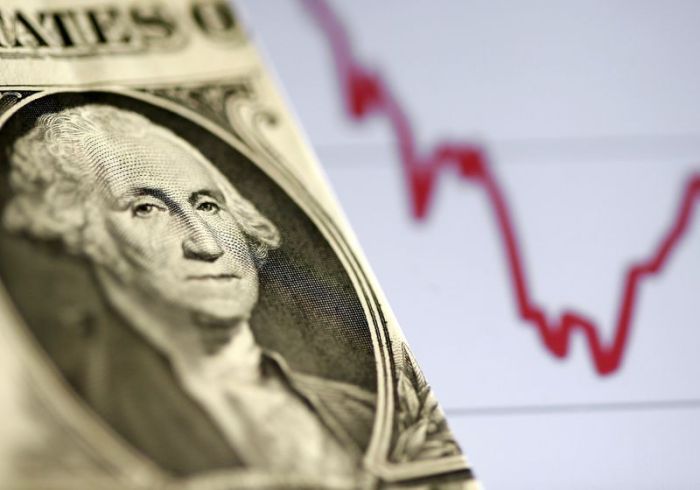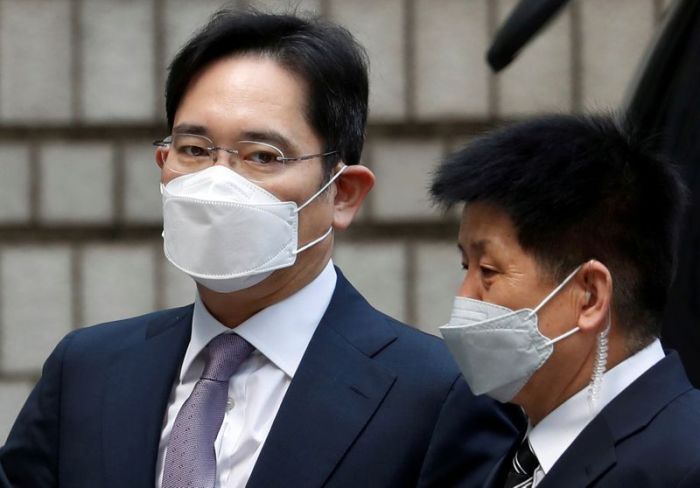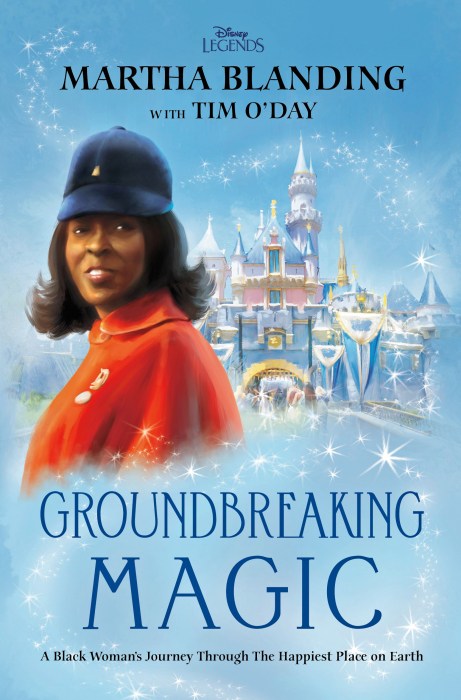(Reuters) – AstraZeneca <AZN.L> on Tuesday received $23.7 million in funding from a U.S. government agency to advance the development of antibody-based COVID-19 treatments as the British drugmaker ramps up efforts beyond its potential vaccine to combat the pandemic.
The funding from the Biomedical Advanced Research and Development Authority (BARDA https://www.medicalcountermeasures.gov/app/barda/coronavirus/COVID19.aspx) is part of a collaboration deal between AstraZeneca, BARDA and the Defense Advanced Research Projects Agency (DARPA) to back the drugmaker’s development of a monoclonal antibody treatment against the new coronavirus.
The agreements, which are AstraZeneca’s second set of deals with authorities in the United States, are expected to help the drugmaker move two COVID-19 antibody therapies it has licensed from researchers into clinical studies in the next two months.
Companies and governments are scrambling to bring a solution for the illness caused by the coronavirus to market as soon as possible, and many in the medical community believe antibody-based therapies hold great potential.
The United States has already secured 300 million doses of AstraZeneca’s experimental COVID-19 vaccine, AZD1222, and Defense Secretary Mark Esper vowed last month that the U.S. military and other parts of the government would work with the private sector to produce a vaccine at scale by year-end.
AstraZeneca said it has licensed six monoclonal antibody candidates from Vanderbilt University in Nashville, Tennessee. Two of those six prospective proteins will be tested as a combination approach for COVID-19. (https://bit.ly/3cSDR0d)
Antibodies are generated in the body to fight off infection. Monoclonal antibodies mimic natural antibodies and can be isolated and manufactured in large quantities to treat diseases in patients.
Shares of London’s most valuable listed company pared some gains to trade up 0.6% at 8,255 pence by 1413 GMT.
(Reporting by Pushkala Aripaka in Bengaluru; Editing by Bernard Orr, Aditya Soni and Kirsten Donovan)

